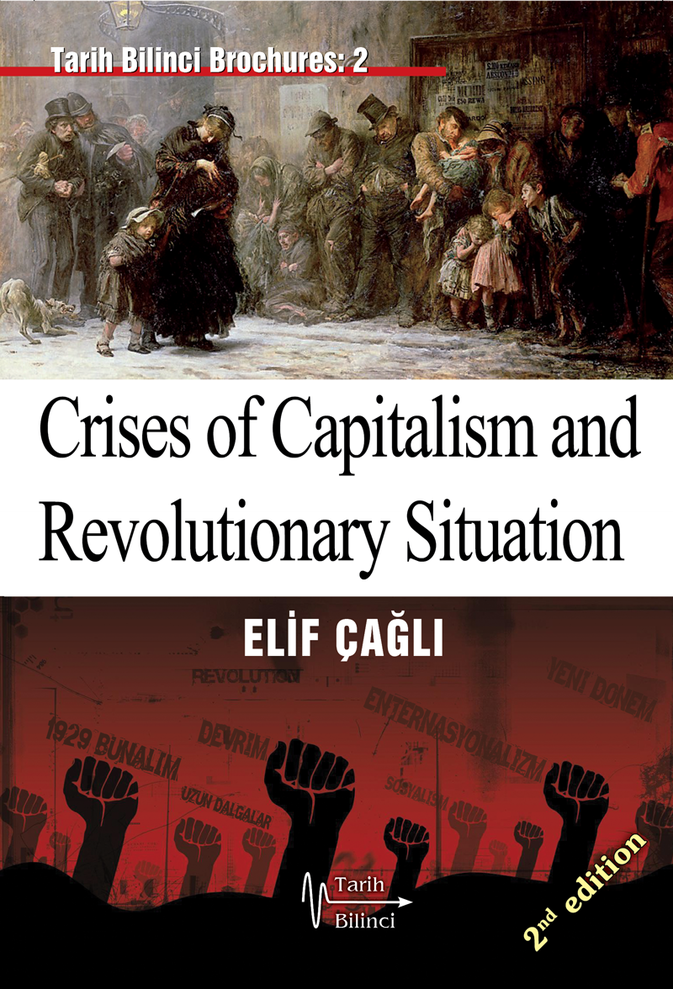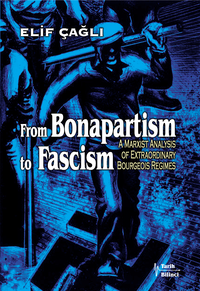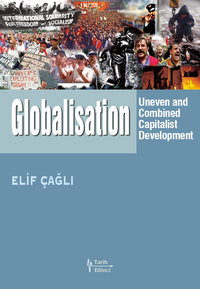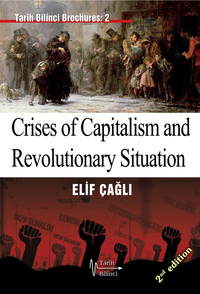Despite all its ups and downs, capitalist system displayed a general economic dynamism during the period between the end of the Second World War and the beginning of the 21st century. Following deep crises and the two big world wars which had cost lives of millions, this period of dynamism gave rise to a popularisation of the idea that “capitalist production process has changed its character to a great extent.” Economists proudly announced, with their chests puffed out, that capitalist system had reached enough maturity to overcome crises and entered a new epoch leaving behind all characteristics of the old one. In such a period of economic boom, there was nothing strange in those bourgeois economists who made ideological assertions to fortify capitalist system and preached that capitalism entered the age of immortality. What was strange, however, was the fact that those would-be Marxists of the past were falling under the influence of this propaganda as if trailing behind bourgeois economists.
It is still fresh in one’s mind that in the aftermath of the collapse of the Soviet Union, a lot of writers who had previously carried the label of “Marxist” shifted largely towards liberalism. A kind of apostasy, polished with a self-styled scientific veneer, became fashionable. This bombardment of propaganda created such an intellectual climate that many socialist circles, falling under the influence of this climate, tended to find Marx’s analysis in Capital inadequate. Attempting to “deepen” the “shallow” conclusions of Marxism regarding the laws of capitalist production, those curious “economic analysts” were, in fact, far from grasping even the slightest bit of the rich ideas contained in the lines written by Marx. Some even had no intention whatsoever of grasping them. However, despite all the advertising campaigns hailing the globalising capitalism and all the trends of “new thinking” made fashionable by the bourgeois media to praise capitalism, economic mechanisms of “modern” capitalism, which allegedly acquired immunity to crises, have started to be shaken by a deep crisis.
Recent years have witnessed various wrong approaches regarding the crises of capitalism. For instance, while the economy was expanding at a considerable rate, some were constantly touting a crisis in the name of revolutionism. Or, contrarily, some others were proclaiming that capitalist economy was still on the rise, whereas a great economic collapse was imminent. Yet, the concrete reality is not an inextricable secret, although it involves many complicated aspects. Besides, as seen in the case of economic crisis, confining oneself to mere exposing the biting facts, which are felt by the working masses on a daily basis, has nothing to do with revolutionism and Marxist attitude.
It is not at all correct to attach too much importance to figure-rich economic conjuncture analyses, as done by bourgeois economists, and to turn this attitude into an almost unidimensional tendency in the name of Marxist analysis. Guiding the revolutionary struggle of the working class, Marxism, in any given economic situation, calls for conducting the preparation for such a struggle that will throw the capitalist system into the dustbin of history, rather than pedantry about crises. No doubt, the ideological and theoretical struggle required by this duty is an undeniable fundamental one, which must be handled and conducted in a thorough and extensive way befitting Marxism. However, when it comes to the analysis of the economy-related subjects, the method of a communist is, and certainly has to be, completely different from that of academics. It is far from being an agreeable attitude to neglect primary issues and bury oneself in the details of questions such as when would capitalism overcome the crisis or when would the next crisis occur, apparently being carried away by the ambition of contesting with bourgeois economists. In conclusion, the efforts made for the purpose of grasping the economic crises of capitalism and their outcomes must be grounded on a Marxist basis and a relentless struggle must be waged against erroneous tendencies in such subjects.
INDEX
The Present Crisis and Blighted Dreams
Capitalism Advances on the Basis of Industrial Cycles
The Law of the Tendency of the Rate of Profit to Fall
The Role of Credit Mechanism in Exacerbating the Crisis
Crisis: A Natural Outcome of the Capitalist Mode of Production
The Long-Term Curve of Capitalist Development
Crises Do Not Lead Capitalism to a Spontaneous Collapse
The Relationship Between Crisis and Revolution
Reformism Refreshes Capitalism
Source:
link: Elif Çağlı, Crises of Capitalism and Revolutionary Situation, 2 November 2003, https://enternasyonalizm.org/node/599







